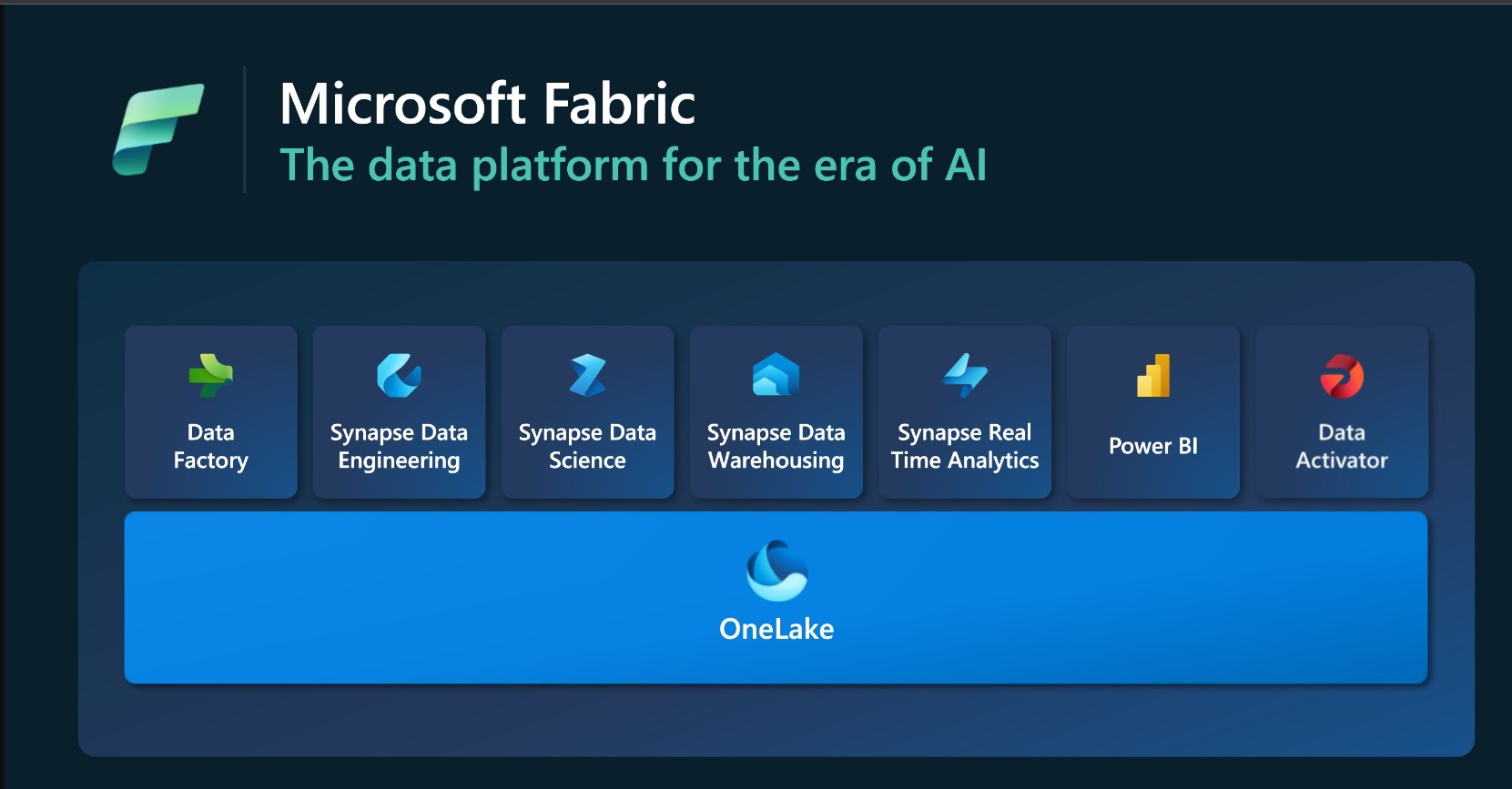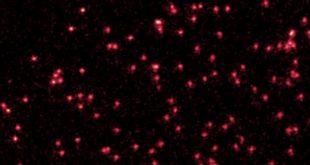Microsoft Fabric, an end-to-end data and analytics platform, launched today. The new platform, which centers around Microsoft’s OneLake data lake but can also pull data from Amazon S3 and (soon) Google Cloud Platform, includes integration tools, a Spark-based data engineering platform, a real-time analytics platform, and, thanks to Power BI’s recent improvements, an easy-to-use visualization and AI-based analytics tool. A new no-code developer experience lets users monitor data in real time and trigger actions and notifications. These tools are tightly integrated, and Microsoft will integrate AI Copilot into Fabric.
“Over the last five to 10 years, there has been a pretty massive level of innovation—which is great and that’s awesome because there’s lots of new technologies out there—but it’s also caused a lot of fragmentation of the modern data stack,” said Arun Ulag, Microsoft’s corporate VP for Azure Data. “There’s literally hundreds—if not thousands—of products and open source technologies and solutions that customers have to make sense of.” He added that many data and analytics products store data in silos. He said customers are tired of paying the integration tax.

Microsoft examined data integration, engineering, warehousing, data science, real-time analytics, and business intelligence to create a unified experience. The team chose a unified compute infrastructure and data lake to achieve this.
“There’s a unified compute infrastructure and data lake. Data professionals can collaborate deeply with a unified product experience. IT has unified governance, a shared platform, and a business model. “There’s literally just one thing to buy, and it allows customers to save a lot of costs, which is really important in today’s environment,” said Ulag.
Ulag said he personally demoed Fabric to 100 of the Fortune 500 over the last year and that many enterprises are excited about it because it simplifies their data infrastructure without locking them into one cloud vendor. The team chose Apache Parquet, a column-oriented file format, to build the central data lake.
Microsoft built Fabric to support Amazon S3 and Google Storage (coming soon) data.
The company simplified its compute infrastructure pricing model around a Fabric compute unit. Today, cost drives enterprise tech buying decisions, which often means consolidating vendors. Most companies today use multiple vendors for data and analytics. Integration is difficult and costly.
Ulag said Fabric’s unified compute model addresses this waste. It may perform data engineering, science, and integration overnight. BI and SQL received the same compute flows in the morning. Fabric lets you reuse capacity because all compute is virtualized and serverless. Enterprises like that.”
Microsoft Purview makes data access and governance easier with this single, unified system. If an employee with the right access rights wants to analyze highly confidential employee salary data and export it to Excel or Power BI, the service will ensure that the documents created with this data inherit the same confidentiality label and rules (and automatically encrypt them so that even if they leak outside the company, nobody can access them).
It’s a complex, integrated system. Data Factory integrates 150+ pre-built connectors. Microsoft also uses Synapse-branded data tools to help data scientists build AI models. Power BI, on the other hand, will help business analysts and other users gain insights from all of this data, while the new no-code Data Activator service will let users automatically trigger specific actions based on real-time data.
In 2023, Microsoft Fabric will have a Copilot to help users build data pipelines, code, machine learning models, and more. However, this copilot is not yet available, so its usefulness is unknown.
Public preview of Fabric. Microsoft lets anyone try the service without a credit card, a rare move. Power BI tenants will get Fabric on July 1.
 Tech Gadget Central Latest Tech News and Reviews
Tech Gadget Central Latest Tech News and Reviews




